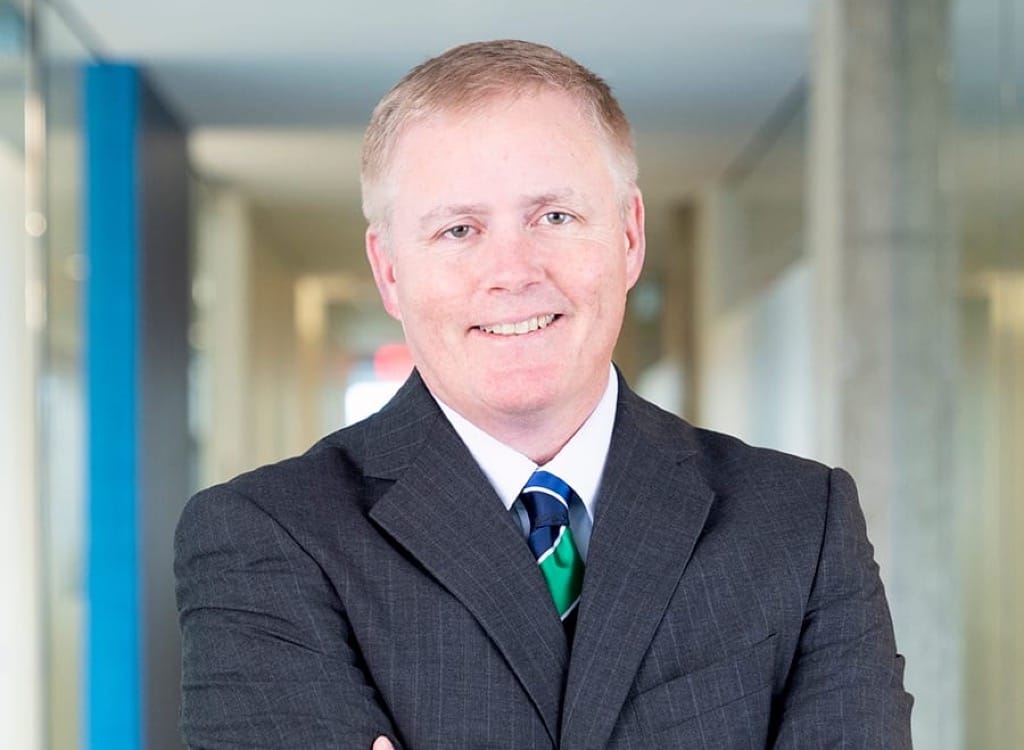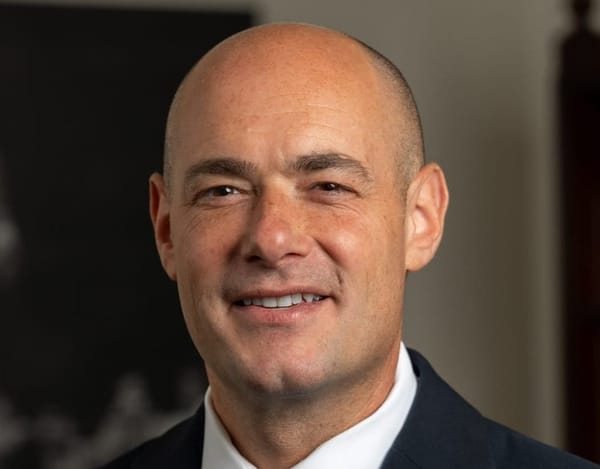Major Low-Power TV Station Owner Wants to Shift to Datacasts
HC2 asked the FCC to allow low-power TV stations to use the 5G broadcast standard.
Jake Neenan

WASHINGTON, March 31, 2025 – The largest owner of low-power TV stations in the country is asking federal regulators to allow datacasting on the 5G broadcast standard, and potentially sunset the sector’s obligation to provide at least one free signal viewable on traditional TV sets.
HC2, which owns 14 percent of the 1,801 LPTV stations in the United States, according to FCC data, asked the Federal Communications Commission for the change in a March 28 petition.
The 5G broadcast standard, the company said, would allow LPTV stations to broadcast signals to 5G-enabled devices on spectrum currently used for TV programming in the United States.
Phones aren’t yet built to receive the band set to be used for 5G broadcast, according to the 5G Broadcast Collective, an industry group promoting the standard. But HC2 was optimistic that future phones would be.
“5G Broadcast could play an important role at stadium events and other large-crowd situations, by serving all users in the area with high-definition content from the event without overloading nearby cell towers,” the company wrote. “The necessary additions to mobile device hardware for the support of 5G Broadcast are minimal because the necessary components are present or soon will be in many 5G-compatible devices.”
The company's filing was penned by David O’Connor and Jeffrey Gee, both partners at Wilkinson Barker Knauer.
HC2 also pitched the standard as a way of providing direct-to-device satellite connectivity, with the LPTV stations serving as a go-between, and a wireless emergency alert system.
The company said it had recently conducted successful proof-of-concept tests in Indiana, managing to maintain consistent audio and video signal without causing interference.
Adopting the standard would be optional for LPTV operators under HC2’s proposal. The company didn’t ask the FCC to change a requirement that such operators offer one free-to-air TV signal, but said the agency should ask about nixing the rule and allowing LPTV stations to exclusively provide data services.
“HC2 urges the Commission to seek comment on whether all 6 MHz of LPTV spectrum could be exclusively devoted to datacasting without the need for a free-to-air signal,” the company wrote. “Freeing LPTV stations from this obligation would allow them to use all of their 6 MHz to provide 5G Broadcast services, which would include any programming content that they choose to provide to anyone with a compatible smartphone or similar device.”
As for how the scheme would make money, the company wasn’t specific, but said doing away with the free-to-air requirement would allow programmers – and the FCC – to maximize revenue. HC2 would still have LPTV operators hand over 5 percent of their revenue to the agency, something required of TV licensees.
“The potential revenue to be derived by the Commission from this proposal is significant,” the petition reads.








Member discussion